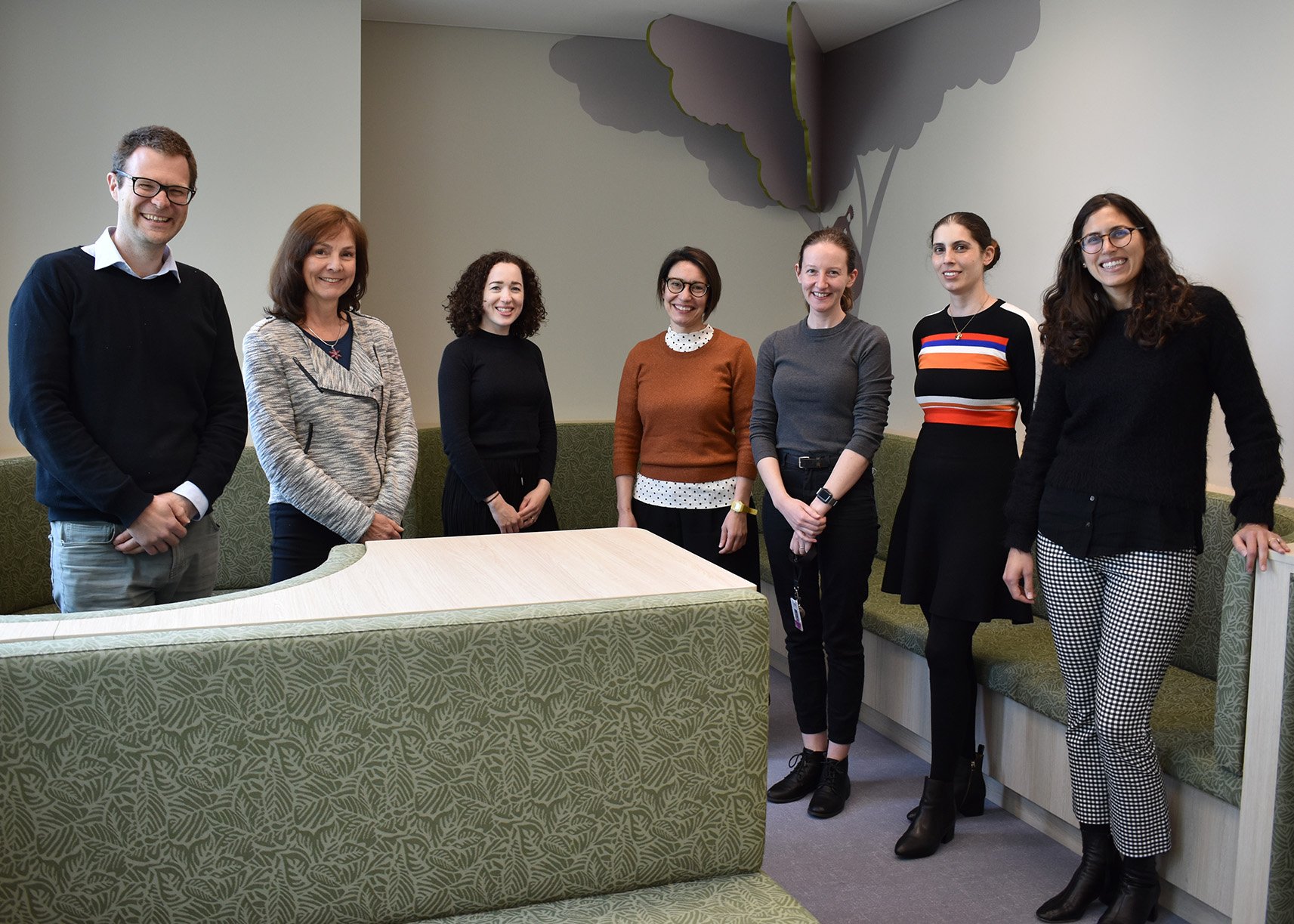Search

News & Events
Researchers call for the term ‘high functioning autism’ to be consigned to historyAutism researchers from The Kids Research Institute Australia have called for the term ‘high functioning autism’ to be abandoned because of the misleading and potentially harmful expectations it creates around the abilities of children on the autism spectrum.

News & Events
Communication toolsFor Speech Pathology Week, we asked our speech pathologists to share their favourite resource/s and how they like to use it.
Research
Evidence that infant and early childhood developmental impairments are associated with hallucinatory experiences: Results from a large, population-based cohort studyCognitive and motor dysfunction are hallmark features of the psychosis continuum, and have been detected during late childhood and adolescence in youth who report psychotic experiences (PE). However, previous investigations have not explored infancy and early childhood development.

News & Events
The Kids researchers finalists in Premier’s Science AwardsThe Kids Research Institute Australia has two researchers and an innovative science engagement initiative as finalists in the 2017 Premier’s Science Awards.
Research
Developmental vitamin D deficiency increases foetal exposure to testosteroneAutism spectrum disorder (ASD) is a group of neurodevelopmental disorders which are more common in males. The 'prenatal sex steroid' hypothesis links excessive sex-steroid exposure during foetal life with the behavioural differences observed in ASD. However, the reason why sex steroid exposure may be excessive remains unclear. Epidemiological studies have identified several environmental risk factors associated with ASD, including developmental vitamin D (DVD) deficiency.

News & Events
NDIA backs The Kids Research Institute Australia's program to support babies developing differentlyA world-first program for babies with delays in their social and communication skills has been launched in Western Australia, thanks to support from the National Disability Insurance Agency (NDIA).
About The Autism Register
The Autism Register Team are running short, informative workshops at your organisation or at a location close to you. We aim to get your feedback about the new Autism Register, answer your questions and demonstrate the online portal.

News & Events
CliniKids and Griffith University partner for autism researchThe Kids Research Institute Australia’s CliniKids and Griffith University are excited to announce a new partnership which will help to grow autism research in Australia.

News & Events
NDIS audit completeOur NDIS audit was completed late February, resulting in continued registration for CliniKids as a NDIS service provider.
